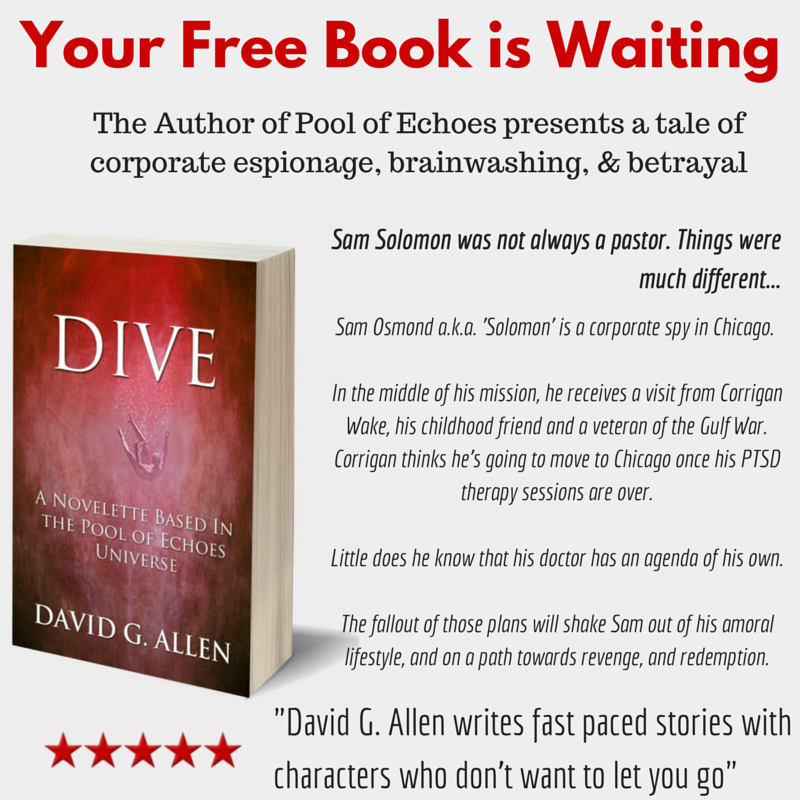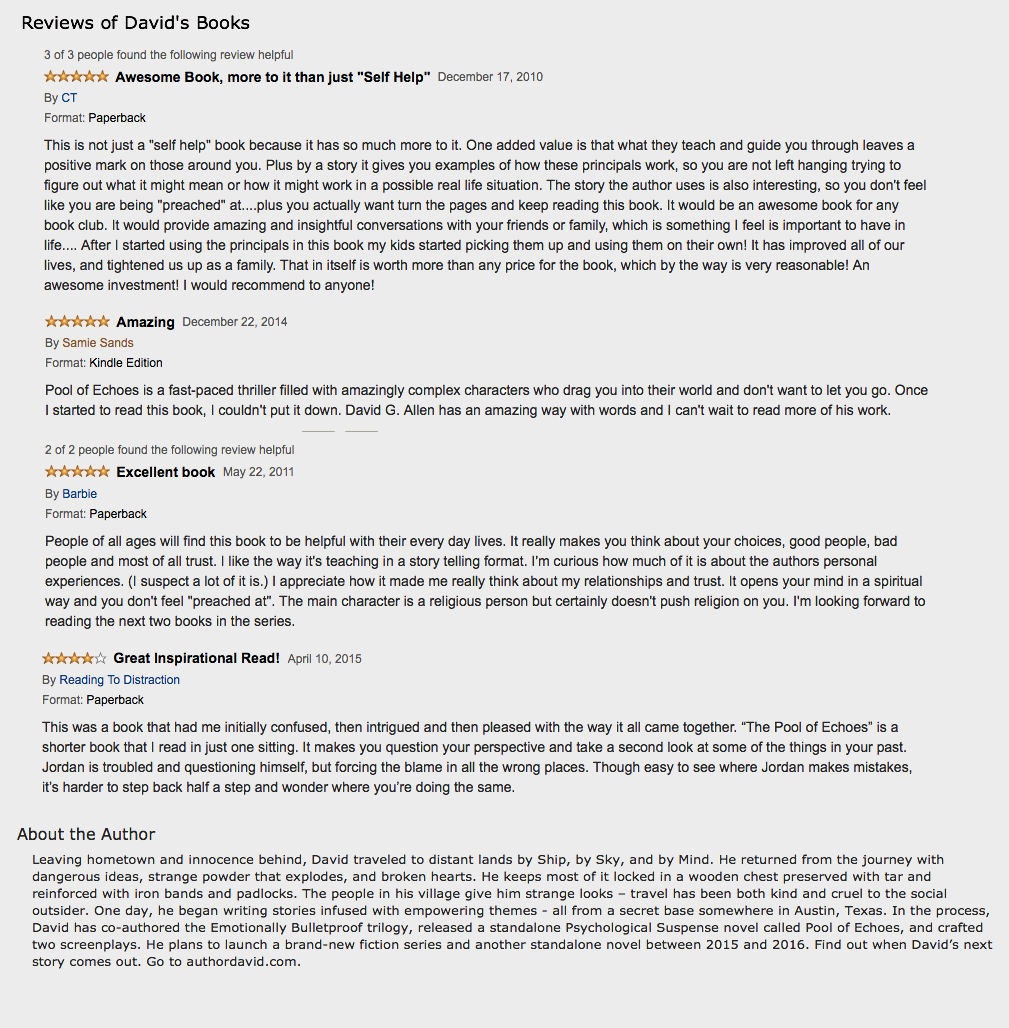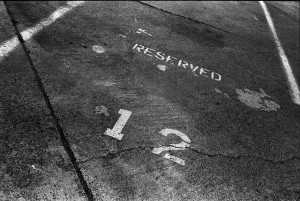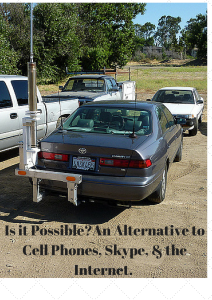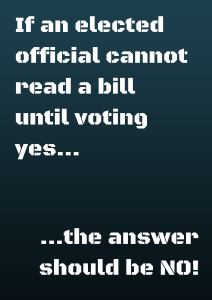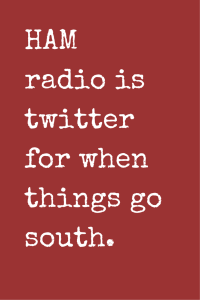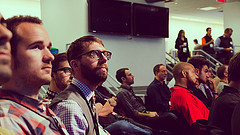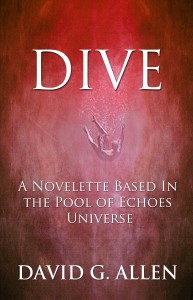This post is about evangelism.
Here’s a question for you. If someone says:
I don’t believe in Jesus or God, but my life is awesome and yours isn’t so good, why should I be a Christian?
This question has bothered me for years.
For a long time I thought, when I’m rich/married/successful, THEN I’ll share God’s word because people will listen.
This, however, hasn’t stopped the disciples, who were mostly poor. On the other hand, rich people have often talked about God, from King Josiah to John Templeton to Ben Carson, and their voices are ignored at best or ridiculed at worst.
There are people who will ignore God no matter who the message comes from.
It’s not your job to save souls. It’s your job to make salvation available.
I’m almost 29 and not rich or married. I have had some success, but not enough to brag about. So, waiting until I’m ‘good enough’ would be a tragedy.
Personal development and goals aside, there is a chance I may be waiting for a day that will never come.
If you’re wondering the same thing about your life, and would like to answer the above question, here are 11 ways I’ve gone about it.
Feel free to steal, copy, share, etc. If you want to link back, I’d love it.
Imagine your boss is asked you this question; Your atheist boss drives a nice car, has 3% bodyfat, makes three times as much money as you, and the ladies love him. All responses are crafted for this hypothetical boss.
1. It’s God’s Job to Give You a Personal Experience. It’s Your Job to Ask.
The reason many people will remain Christian no matter what an atheist may show them is because of the personal relationship Christians have with God.
You believe in gravity because one day you fell and got hurt. You have a personal experience with gravity.
If it weren’t for science class, experts on TV – explaining orbits, velocity, mass, & magnetic pull – and stories from astronauts outside of earth’s obit, you would NEVER believe that you could jump in space and just float.
You can test this: in fact, the Bible tells you to test the spirits (1 John 4:1). It also says ask and you shall receive (Luke 11:9-10). You could ask, in private – so you don’t embarrass yourself – that if God is real, that He give you a personal experience. You will only look into it further if you get one. Then, just in case, you’ve given Him a shot.
2. Correlation Does Not Equal Causation.
While at this moment you may be doing well, and I may not be doing as well, consider this:
How many atheists and agnostics are doing terribly despite having the same belief as you? How many people are doing well who believe in God? You’ll find large numbers in every camp.
Not all who believe in God are failures, and not all who are atheists are successful.
I’ve found that success is often a combination of choices, mindset, work-ethic, awareness, consistence, and good-fortune. Keeping it usually requires at least 2 or more of those things.
3. Success on Earth Never Includes a Promise of Eternal Life
Jesus lacked for nothing until his crucifixion, even though he often took nothing with Him when traveling.
The patriarchs, prophets, and apostles of the Bible came from widely varying financial situations.
Abraham, Job, Joseph and Matthew were all rich at some point.
Peter was a poor fisherman and John the Baptist lived in the desert.
Paul was middle-class, and rocked a pretty cool side-hustle during his travels.
All of them recognized that a relationship with God was the source of eternal life and that this had a high value – more than anything that could be achieved here on earth.
4. Different Journeys Lead to Different Destinations
You and I are in different places today. Why?
The short answer: because that’s where we are.
We’re going towards different finish lines on the journey of life. All I’m saying is to go for the ultra-marathon rather than the 5k.
5. My Failures Aren’t God’s Fault.
Israel was the chosen nation of God for the entire Old Testament, yet they failed constantly. They failed so bad you’d think it was their job description.
Even Athiests must agree that my failures are not God’s fault. This is true whether He exists or not.
6. If You Credit Personal Success With Unbelief in God, Who or What is Rewarding You?
And just as important: Why?
My guess narrows it down to one of two things:
First: People – the same 2-legged homo sapiens who I interact with every day. If people are rewarding you for this, then the feedback loop for you is a matter of politics.
Politics tend to swing like a pendulum – watch the elections in any country. In my opinion this swinging will just get more and more violent, but I digress.
When leaders, friends, family, and the media decide it is politically popular to believe in God, will you find your faith then, or stick to your current belief system?
Second: Something you don’t believe in. A supernatural entity who is willing to expend resources to keep you from finding God. Some might call it ‘The Devil’. The Devil – over the long-term – would stand to lose more if you should so much as look at Christ.
7. If I Choose God and Don’t Get Rewarded, Whose Fault is it?
This is a reversal of #6, just in case you feel like I’m picking on you.
It goes both ways. If I choose God and do worse, it’s one of three things:
First: My choices and mindsets are the problem. Either God’s ways are right and I don’t adhere well enough to them, or they are wrong.
Second: Political. Religious people have a tendency to pick one side and stick with it (see Martyrs). If it’s popular to believe in God, that’s cool with them. If it’s not, they get punished by people in power during those times. These are often the same times when telling the truth to people who are hurting others, or whistle-blowing, can be a career-killer.
Third: Adversary, a.k.a. The Devil. Imagine we elected a president that truly tried to do the right thing by all Americans. S/He stopped the Fed, punished those responsible for the bailout, indicted the cops that brutally killed unarmed people, lowered taxes, vetted all immigrants, made it way easier to travel, put in term limits for congress and the senate, lowered the deficit, etc. ALL those things. If s/he couldn’t be blackmailed or killed, the systems controlling those elements could cause all the markets to collapse in the middle of that president’s term, so that the ‘Good’ president would take the blame for the whole house of cards falling down. They would take the blame even if the problems had been started and exacerbated over a hundred years.
Where am I going with this? If I choose God, I may get hit so it will look like the evil is all God’s fault when it really isn’t.
It’s the system, man!
8. What are You Giving Up?
Jesus wanted the rich young ruler to recognize that a relationship with God was more valuable than everything else (Matthew 19:16-22).
However, choosing God doesn’t always mean quitting your job, selling your car, and dating women you don’t like. God just wants you to have more respect for the Creator than the creations. Then, you appreciate what you have even more. Your fear of loss is cut way down, so much that one day you might even say: O Death, where is thy sting?
How cool is that?
9. Pascal’s Wager.
If you believe in God and are wrong, you lose little. If you don’t believe in God and are wrong, you miss out on a LOT. Enough said.
10. God Wants Relationship; He Doesn’t Want to Treat You Like a Dog
Pavlov’s dog is a psychology term associated with behavioral conditioning. A dog was fed after the ringing of a bell so many times that the dog would hear the bell and start salivating even when no food was there for it to eat.
Humans are not the new dog.
If all Christians got rewarded while all non-Christians got screwed over by life, 99% of people would call themselves Christian. Very few would be doing it because they had real love for God. [See Job Ch 1]. God wants us to independently choose Him out of free will.
11. How Christian Are You, Really, Without Even Knowing It?
Christianity is famous for forgiveness, yet it is more conditional than most people think it is.
Christianity means following Christ. Doing what God says.
So, if someone treats others horribly, doesn’t love, and says they are Christian, are they?
No.
If someone isn’t perfect but they own up to their mistakes and love people, is that person more Christian or less? More, even if that person had never heard of Jesus.
Many Christians who are doing badly are reaping the consequences of not being very Christian, and many atheists see it and blame God for their actions. At the same time, some atheists grasp the fundamentals of true Christianity and are rewarded for it.
Again, what are you giving up, if that’s the case?
Thanks for reading. You are more than welcome to share this with others who are struggling with this question in their lives.





